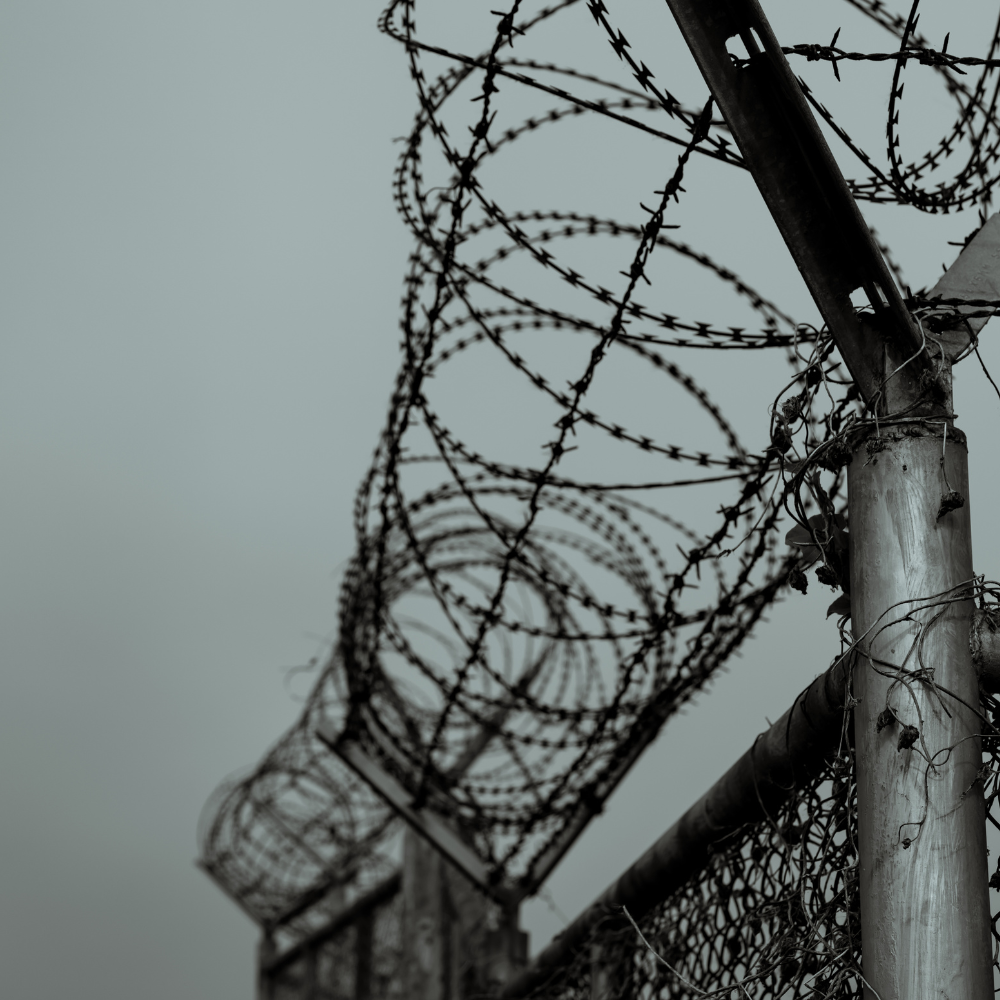Trial begins in Paris over teacher’s beheading for showing Prophet Mohammed cartoon
In Paris, eight people have gone on trial, accused of playing roles in the 2020 murder of Samuel Paty, a history teacher who was killed in a horrific act of violence. Paty’s beheading outside his school in Conflans-Sainte-Honorine sent shockwaves throughout France, igniting national debates about freedom of speech, social media, and radicalization.
The man responsible for Paty’s killing, 18-year-old Abdoullakh Anzorov, a Chechen refugee, was shot dead by police minutes after the attack. The current trial, which is expected to run for seven weeks, focuses less on the murder itself and more on the events that preceded it. Central to the case is how a 13-year-old girl’s fabricated story spiraled out of control, leading to an international campaign of hate against Paty.
At the heart of the trial are allegations that the defendants, two men who publicly accused Paty of blasphemy, two friends of Anzorov who provided logistical help, and four individuals who allegedly offered support online helped incite violence against the teacher.
Samuel Paty, a well-regarded teacher, had been giving a lesson on freedom of speech in early October 2020. As part of his class, he showed cartoons published by Charlie Hebdo, the satirical magazine that had been the target of a deadly attack in 2015 for its controversial depictions of the Prophet Muhammad.
Shortly after, a 13-year-old student falsely told her father that Paty had singled out Muslim students and shown an inappropriate image of the prophet. This fabrication spread rapidly online, fueled by her father, Brahim Chnina, who recorded videos condemning Paty by name. A local Islamist activist, Abdelhakim Sefrioui, then amplified the accusations, posting a video titled “Islam and the Prophet Insulted in a Public College.” Within days, the school was bombarded with hate messages and threats, both locally and internationally.
For Paty, the experience became overwhelming. According to his colleagues, he confided that he was deeply troubled by the campaign against him, which had escalated beyond what anyone could have imagined.
Among the eight on trial are Chnina and Sefrioui, both accused of inciting the hate campaign. Lawyers for these men argue that while they condemned Paty publicly, they did not call for violence against him. Anzorov’s two friends, also on trial, allegedly helped him purchase a knife and two replica pistols, and one of them is believed to have driven him to the school on the day of the attack.
For the prosecution, this case hinges on context. In October 2020, France was on high alert due to recent jihadist threats, including a machete attack outside Charlie Hebdo’s former offices. Prosecutors argue that, in this climate, publicly accusing someone of blasphemy amounted to inciting violence and designating Paty as a target.
The tragic episode has left scars on the French educational system and society at large. The young girl who initiated the false claims against Paty was convicted last year for making false accusations, receiving a suspended prison sentence. Five other students were also convicted of identifying Paty to Anzorov in exchange for money.
The trial, which is expected to continue until late December, is being closely watched across France as a reflection on issues of social media responsibility, radicalization, and the limits of free speech.









